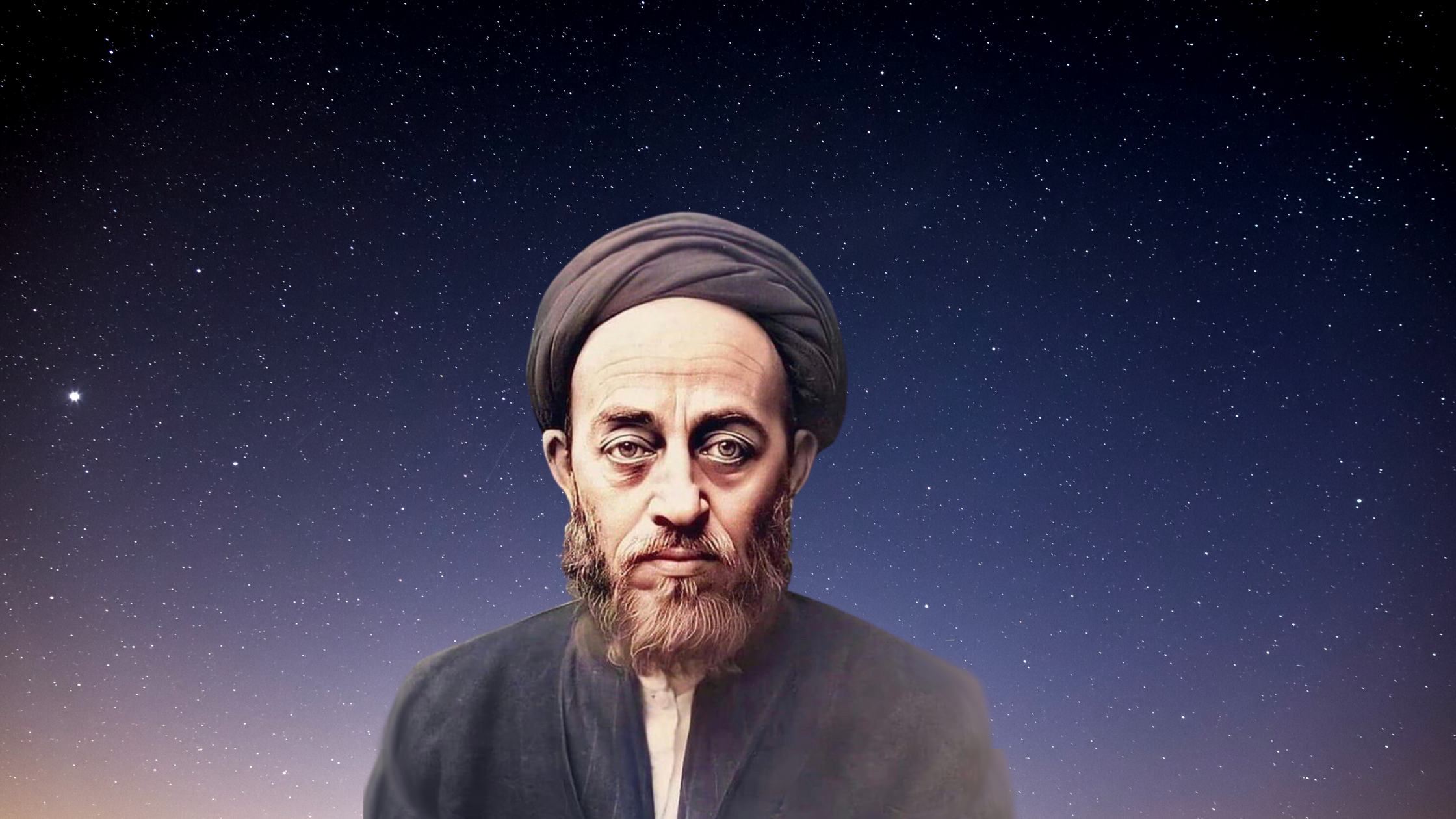This preface outlines the methodology used in this book to uncover the meanings of the Qur’anic verses.
Exegesis (al-Tafsīr), or the explanation of Qur’anic verses, has been a foundational pursuit in Islamic scholarship from the earliest days of Islam. Exegesis of the Qur’an began with its revelation, as God says: “Just as We have sent among you a messenger from yourselves, reciting to you Our signs, purifying you, and teaching you the Book and wisdom, and teaching you what you did not know” (2:151).
There are two primary methods of exegesis:
1. External: In this method, the exegete addresses a question raised by a Qur’anic verse by examining it academically or philosophically. The exegete then applies a preferred answer from fields like philosophy or science to the verse, even if this requires interpreting the verse to align with that answer. This method, often employed by Muslim philosophers and theologians, does not align with the Qur’an’s approach.
2. Internal: This approach, endorsed by the Qur’an, involves using the Qur’an to interpret itself. By considering related verses collectively, the exegete reflects upon their meanings and identifies the concepts described through their attributes and context within the Qur’an.
The second approach is the correct method of exegesis. As God says, “We have revealed the Book to you, explaining clearly everything” (16:89). The Qur’an, a guidance for humanity, offers clarity, guidance, and distinction between right and wrong, illuminating the way for those who seek it. The Qur’an, therefore, should be able to elucidate its own meanings, as this guidance is essential. God has also promised, “Those who strive in Our cause, We will guide them to Our ways” (29:69).
God taught the Qur’an to His Prophet, who in turn taught it to others. God states: “The Faithful Spirit has brought it down upon your heart so that you may be one of the warners, in clear Arabic” (26:193-194); “We have revealed the Reminder to you so that you may clarify for people what has been sent to them, and perhaps they may reflect” (16:44). The Prophet also appointed his family to continue this role, as he said: “I leave among you two precious things: the Book of God and my progeny, my family. If you hold fast to them, you will never go astray.”
Furthermore, God affirms the knowledge of the Prophet’s family with: “God only desires to remove uncleanliness from you, O People of the House, and to purify you completely” (33:33), and “It is indeed a noble Qur’an in a well-guarded Book; none shall touch it except the purified ones” (56:77-79).
The Prophet and the Imams from his family used this second method of exegesis, as reflected in their traditions. They did not rely on external theories or philosophies in interpreting the verses. The Prophet described the Qur’an as an intercessor, an advocate, a guide to the best path, a Book with clear meanings and deep wisdom, and a source of wonder that never fades. Imam Ali said of the Qur’an: “Its one part speaks to the other, and one part testifies to the other.”
Following this methodology, we have written what we understand from the Qur’an through its own guidance. Our explanations are not influenced by philosophical theories or speculative ideas but are instead based on the clear meanings within the Qur’an. In our discussions, we explore various topics within the Qur’anic text, including:
• The names and attributes of God, like His Life, Knowledge, and Oneness.
• Divine actions, such as creation, will, and guidance.
• Intermediary elements like the Tablet, Throne, Angels, and Jinn.
• The state of humanity before this world, in this life, and after death.
• Ethical concepts and stages in spiritual growth, including submission, faith, humility, and purity of intention.
Legal matters, however, are not discussed in detail, as these belong more appropriately to jurisprudential works.
Through this method, there has been no need to explain verses against their apparent meanings, as doing so would misinterpret them. The term “interpretation” in the Qur’an refers not to “meaning” but to something else altogether.
At the end of each commentary, we include traditions from the Prophet and the imams, citing both Sunni and Shia sources. We have not included the views of the Prophet’s companions or their disciples, as these lack consistency and hold no authoritative standing in Islam. In studying the traditions of the Prophet and the imams, one can see that this “new” method of exegesis is, in fact, the original approach used by the true teachers of the Qur’an.
In addition, where relevant, we address philosophical, historical, social, and ethical topics, focusing only on foundational points to keep the discussions concise.
We pray to God to guide our words and intentions; He is indeed the Best Helper and Guide.
In dependence on God,
Muhammad Husayn al-Tabataba’i
Note: This preface is an abridged version. The complete preface appears in the first English volume of al-Mizan.





